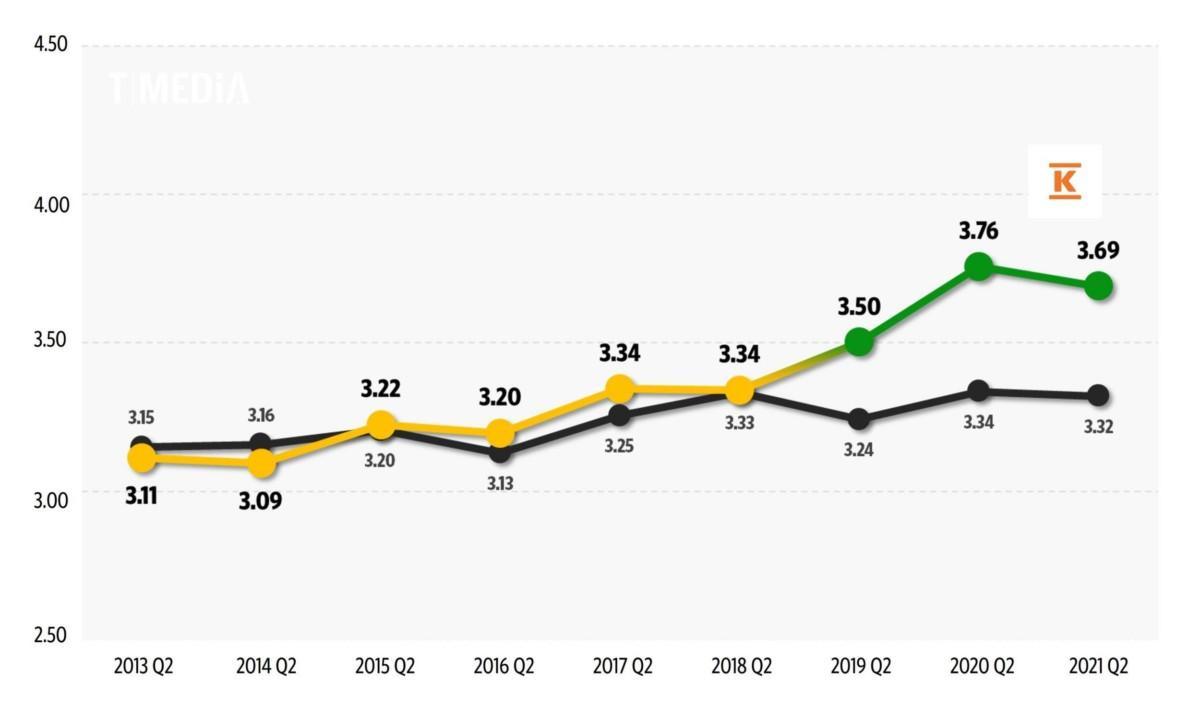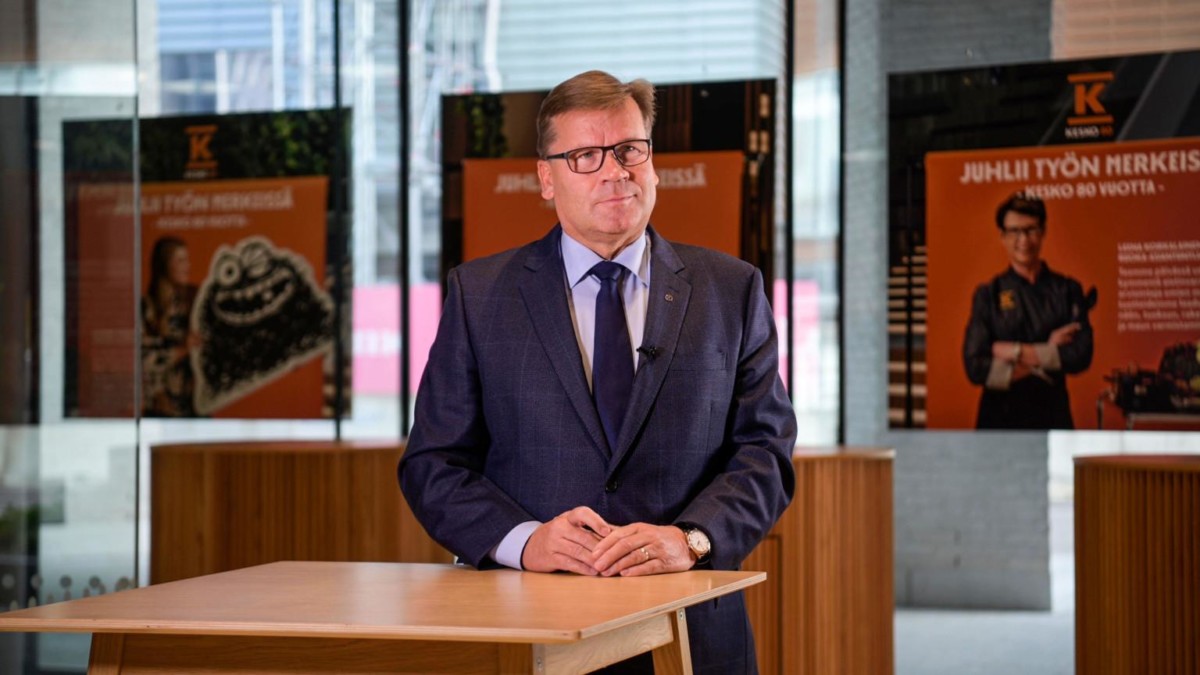Mikko Helander, CEO of Kesko: ‘A good reputation supports good commercial development, now and in the future’
Mikko Helander, CEO of Kesko, told T-Media about his thoughts about managing reputation in a listed company. At Kesko, reputation work is done as part of strategy implementation. Trust and reputation are systematically measured with several stakeholders and are reported all the way to Kesko’s Board of Directors.
‘It is justified to say that the significance of reputation is now higher than ever, and I believe this to be the case also in the future,’ says Mikko Helander.
Helander believes reputation to be the basis for well-functioning business. This is why every successful and responsible company pays attention to reputation and works to improve it.
‘In many cases, it is a prerequisite for being able to operate in the market and successfully serve the current customers while also gaining new ones.’
According to Helander, responsibility and good reputation are strongly connected today: responsible operation builds reputation.
‘Responsibility and reputation are, in many ways, one and the same in today’s world. When we talk about responsibility today, it actually covers all the operations and things a company consists of. I do not believe it to be possible to build a solid good reputation without responsibility.’
K Group’s commitment to responsibility work is evident in T-Media’s ESG meter which comprehensively tracks organisations’ environmental and social responsibility and social impact impressions. ‘A real breakthrough with K Group’s ESG impression happened after 2018, when people perceived the general ESG performance level to be lower, but the impression of K Group’s ESG reached an all-time high,’ says Harri Leinikka, CEO of T-Media.

With T-Media’s ESG meter, an organisation can develop and target their ESG measures in an optimal way and monitor the development in relation to the general index, the organisation’s industry and their competitors. In the diagram, the black line represents the ESG index of companies in Finland from 2013 to 2021; the coloured line represent the development of K Group’s ESG impressions.
Reputation work begins with a strategy
According to Helander, reputation is important for K Group, and the company works for it systematically as part of implementing the strategies.
‘I believe this work must also begin with a strategy. When the company has a well-working strategy and makes the correct strategic choices that are consistently carried out within the company, this creates financial success, better results and good conditions for implementing successful operations to improve reputation. An improving reputation supports our financial success also in the future,’ says Helander.
Helander lists concentration, growth, operation as one united company and responsibility, customer experience and investment in digitalisation as the strategic choices of Kesko. According to Helander, the consistent implementation of the strategy one year after another has provided good results: increased sales, strengthening market position and profitability and significant growth of shareholder value.
Monitoring reputation with different stakeholders is an important part of the work.
At Kesko, trust and reputation are monitored at all levels of the company: at the premises, within industries, in the group’s operations, industry management teams and the executive team of the entire group. Helander also explains that the development of the company’s reputation is regularly reviewed by Kesko’s Board of Directors.
‘Monitoring reputation expansively with different stakeholders at all levels of the organisation is an important part of the work. It is very important to make conclusions at all organisational levels about the measures that can improve the reputation based on the monitoring,’ says Helander.
Helander mentions the company’s current and potential employees as an example stakeholder group.
‘When we think about the staff, work force and employees – the current ones as well as those in the future – reputation has a key role. This is true in relation to all stakeholder groups. When we have a good and improving reputation, it is always easier to cooperate with all stakeholder groups. This also applies to the staff.’
‘Today, the competition for good employees is harder than before, not only in Finland, but also globally. The significance of reputation is highlighted also in this respect.’


